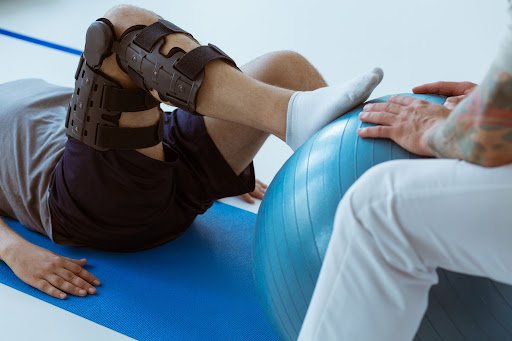There are multiple variables that affect your post-operative care plan, including what kind of surgery you have, your overall health and fitness levels before the procedure, if you are a competitive athlete and more. The goal of post-operative care is to ensure that the
surgery was successful and to make sure that the incision site properly heals without any complications.
If you’re planning on having a procedure soon, you may be wondering what to expect after the surgery. Here is a quick reference guide to help you prepare. Your surgeon’s team will provide specific post-operative instructions for your case, but this reference guide will help get your post-op planning started.
Pain Management
Once anesthesia wears off from a surgery, pain is often the most challenging symptom. Expect that managing your pain will be a large part of your recovery process, and your pain control can be administered in a variety of ways. You may receive pain relief intravenously through an IV following your surgery, or you may be given pain medication orally.
Nonsteroidal anti-inflammatory drugs and acetaminophen will most likely be prescribed.
Complication Prevention
Along with pain management, a primary goal of post-operative care is to prevent any complications. Complications are rare, but can occur, so it is important for providers to help you prevent them. Common care techniques to prevent complications include incision care, adequate nutrition and early mobilization.
Signs of infection include:
- Increased redness and swelling
- Pus drainage
- High fever
- Night sweats of chills
Because infection after surgery can become serious, it’s important to notify your physician of any of the above symptoms occur following your surgery.
Rehabilitative Exercises
The ability to regain mobility and strength after a major surgery is dependent on post-op
rehabilitation. Without physical therapy, the body will struggle to regain its previous range of motion or strength. Rehabilitation therapy is a series of progressively challenging exercises that occur over time, but they will vary depending on the type of surgery and the patient’s physical health goals following treatment.
At-Home Guidelines
Once discharged, it is of the utmost importance to follow your surgeon's instructions. Take medications as prescribed, pay attention to any changes in your health, take time to rest, and attend all follow-up appointments. While surgical repair is an important step to recovery, a patient needs to complete all of the other aspects of recovery to achieve the best outcomes.
Contact The Steadman Clinic
Now that you know a bit more about what to expect after having your surgery, it’s the perfect time to speak with a provider about your surgical treatment options. With specialists in all orthopaedic and sports medicine areas, The Steadman Clinic is your destination for orthopedic surgery.
Contact The Steadman Clinic today for a consultation.


